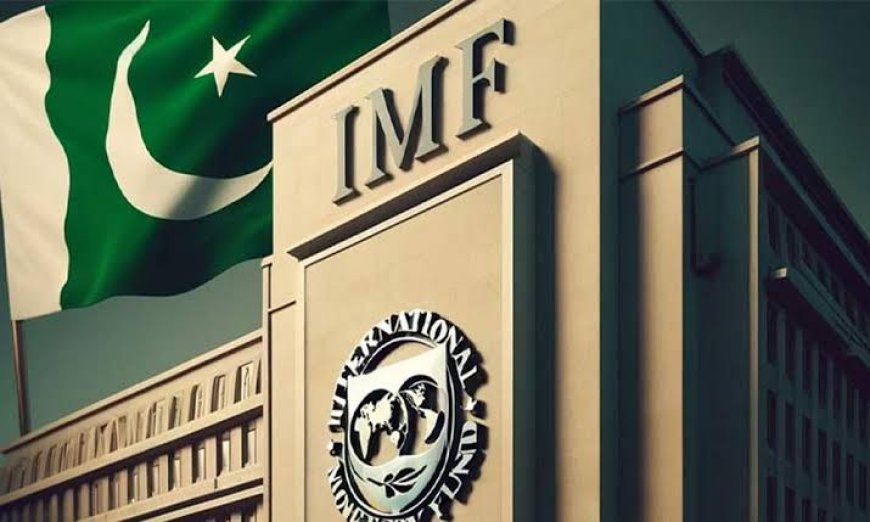Pakistan Govt Challenges IMF’s Corruption Report Draft
The Government of Pakistan has challenged the IMF’s draft corruption report, calling it inaccurate and outdated while highlighting recent reforms aimed at improving governance and transparency.

The Government of Pakistan has officially challenged the draft corruption report prepared by the International Monetary Fund (IMF), calling it “inaccurate, misleading, and based on outdated data.”
The report, which highlights corruption-related issues and governance concerns in Pakistan, has drawn strong criticism from government officials who believe the draft does not reflect current reforms and economic realities.
According to official sources, the Ministry of Finance has conveyed its objections to the IMF, stating that:
-
The report relies on old statistics that do not represent the current situation.
-
Major reforms to improve transparency and governance have already been implemented.
-
The IMF’s findings undermine investor confidence and misrepresent Pakistan’s economic progress.
In a statement, the Finance Ministry said:
We reject the IMF’s draft report on corruption as it does not take into account the structural reforms introduced in recent years to strengthen accountability and transparency.
The government defended its position by pointing to several initiatives and reforms aimed at improving governance and reducing corruption:
-
Strengthening the National Accountability Bureau (NAB)
-
Digitalization of tax collection through the FBR’s online systems
-
Automation of government payments to curb financial leakages
-
Transparent bidding processes for major infrastructure projects
-
Public financial management reforms to ensure efficient resource utilization
Officials emphasized that these steps directly address the very issues highlighted in the IMF report and claimed that the draft fails to acknowledge Pakistan’s progress.
While the IMF has yet to release the final version of the report, the draft highlights:
-
Weak institutional accountability
-
Challenges in combating financial crimes
-
Limited transparency in government spending
-
Gaps in anti-corruption enforcement
Sources indicate that the IMF has recommended greater independence for accountability institutions and stronger legal frameworks to ensure effective governance.
Analysts warn that this dispute could affect ongoing negotiations between Pakistan and the IMF regarding future bailout packages. However, senior government officials remain confident that dialogue will resolve the issue without disrupting the country’s economic recovery plan.
Economists suggest that Pakistan should continue implementing structural reforms to maintain IMF support and restore investor trust.
The Government of Pakistan has firmly rejected the IMF’s draft corruption report, citing outdated data and a failure to recognize recent reforms. While the IMF’s concerns over governance persist, Islamabad remains committed to strengthening transparency, boosting accountability, and attracting foreign investment.
With upcoming discussions between the IMF and Pakistan, the final report will play a crucial role in shaping the country’s economic policies and future financial stability.

 Ateeq Ur Rehman
Ateeq Ur Rehman